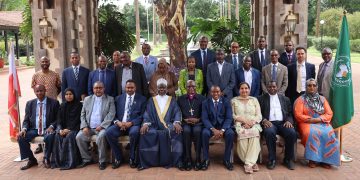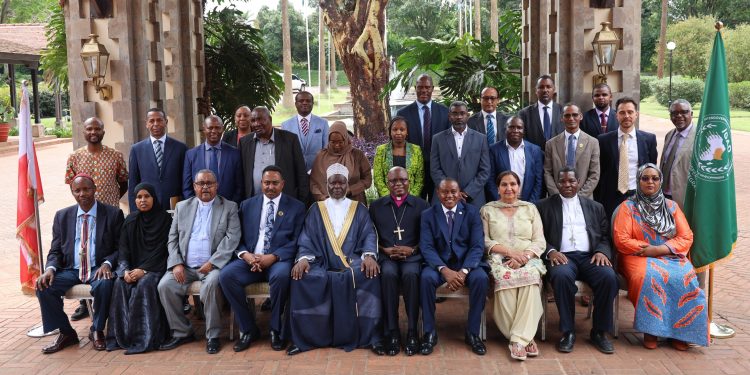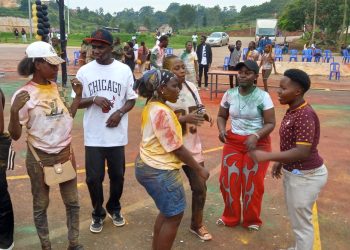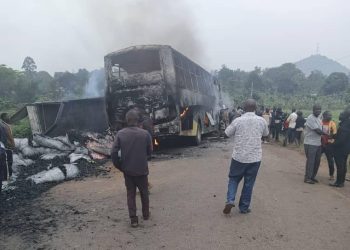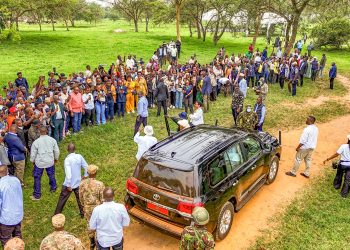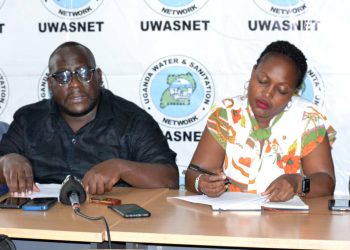The African Council of Religious Leaders – Religions for Peace (ACRL-RFP) and the Intergovernmental Authority on Development (IGAD) have once again issued a strong appeal for a ceasefire in Sudan, aiming to restore peace in the war-torn nation that has suffered for over a decade.
During a regional conference in Nairobi, Kenya, leaders engaged in discussions on peace, governance, climate adaptation, and sustainable development within the region.
Sheikh Ramadhan Mubajje, Uganda’s head of the Muslim faith and Co-Chair of ACRL-RFP, along with Archbishop Albert Chama of Zambia, underscored the critical need for the conflicting parties to pursue peace through dialogue rather than resorting to violence, in order to safeguard innocent lives.
High-profile attendees, including IGAD Executive Secretary Dr. Workneh Gebeyehu, shared insights on tackling the challenges confronting the IGAD region and enhancing collaborative efforts.
The conference resolutions highlighted the partnership between ACRL-RFP and IGAD as a crucial initiative for tackling the intricate challenges of peace, stability, and development.
The organizations underscored the importance of an interfaith approach to enhance community resilience, encourage collaboration, and advance inclusivity.
They agreed to formalize their partnership through a Memorandum of Understanding (MOU) to steer their joint efforts in peace and development.
Additionally, they expressed significant concern regarding regional conflicts, advocating for an immediate ceasefire, inclusive peace negotiations, and the involvement of all stakeholders in Sudan.
The role of religious leaders in early warning and response to conflicts was emphasized, along with a call for a focus on healing and reconciliation grounded in the principles of mercy and forgiveness.
The urgency of addressing climate change, desertification, and development challenges in arid and semi-arid areas was also highlighted.
The conference concluded with a commitment from both organizations to support and empower communities by harnessing the influence of religious leaders to foster a peaceful and resilient future.
